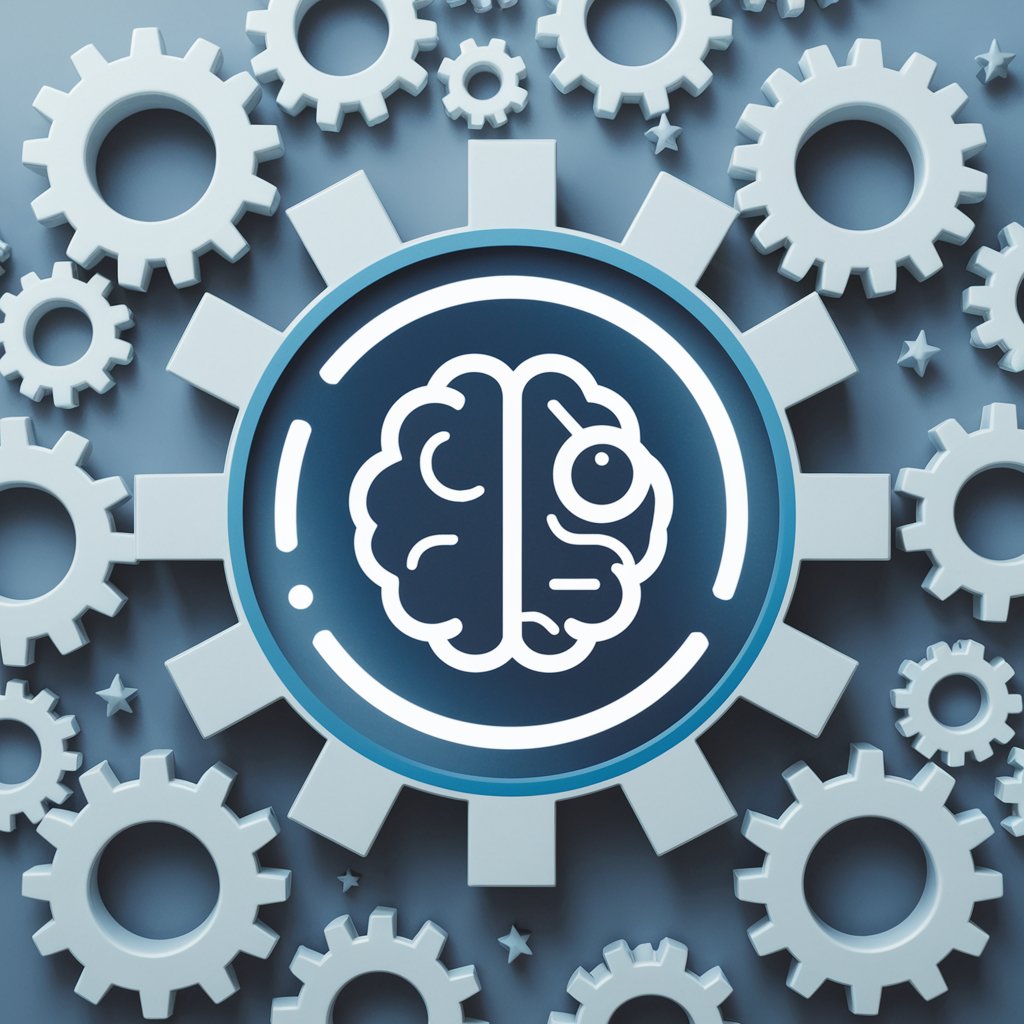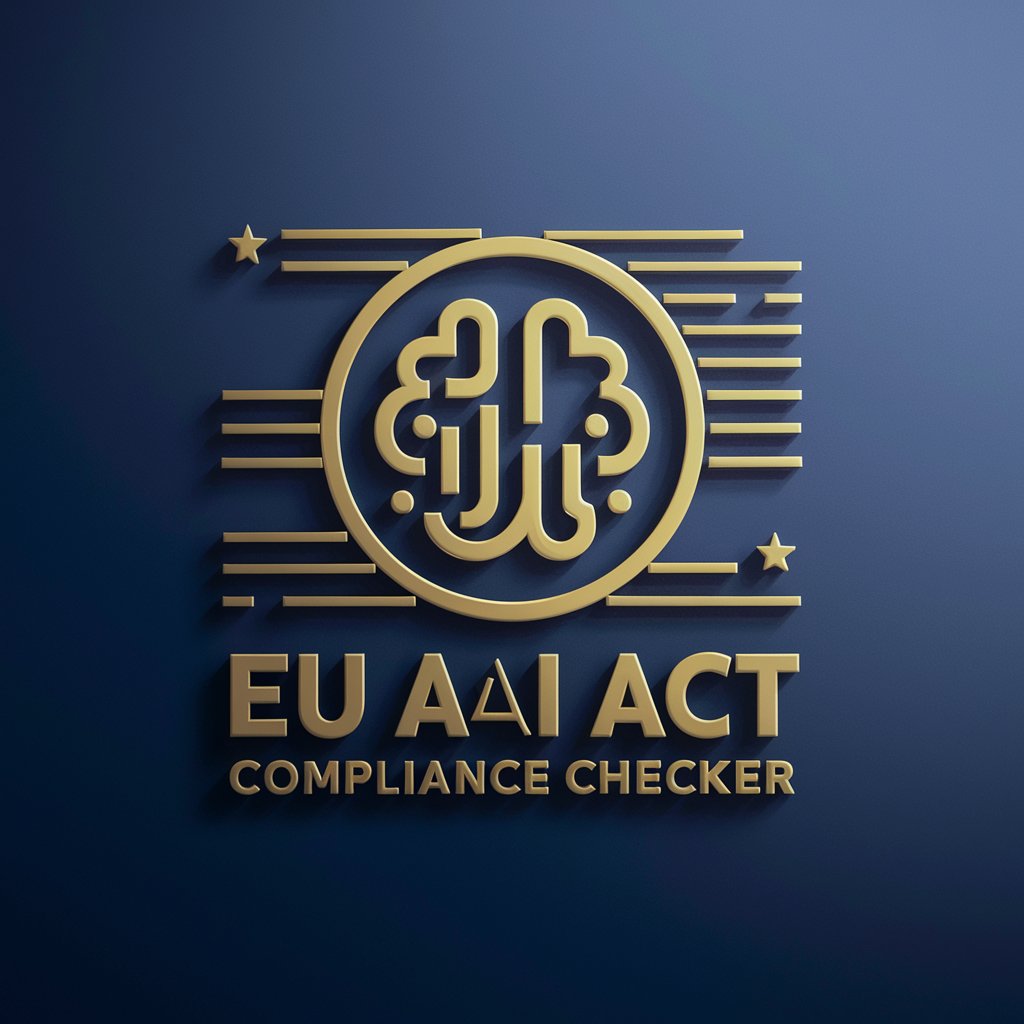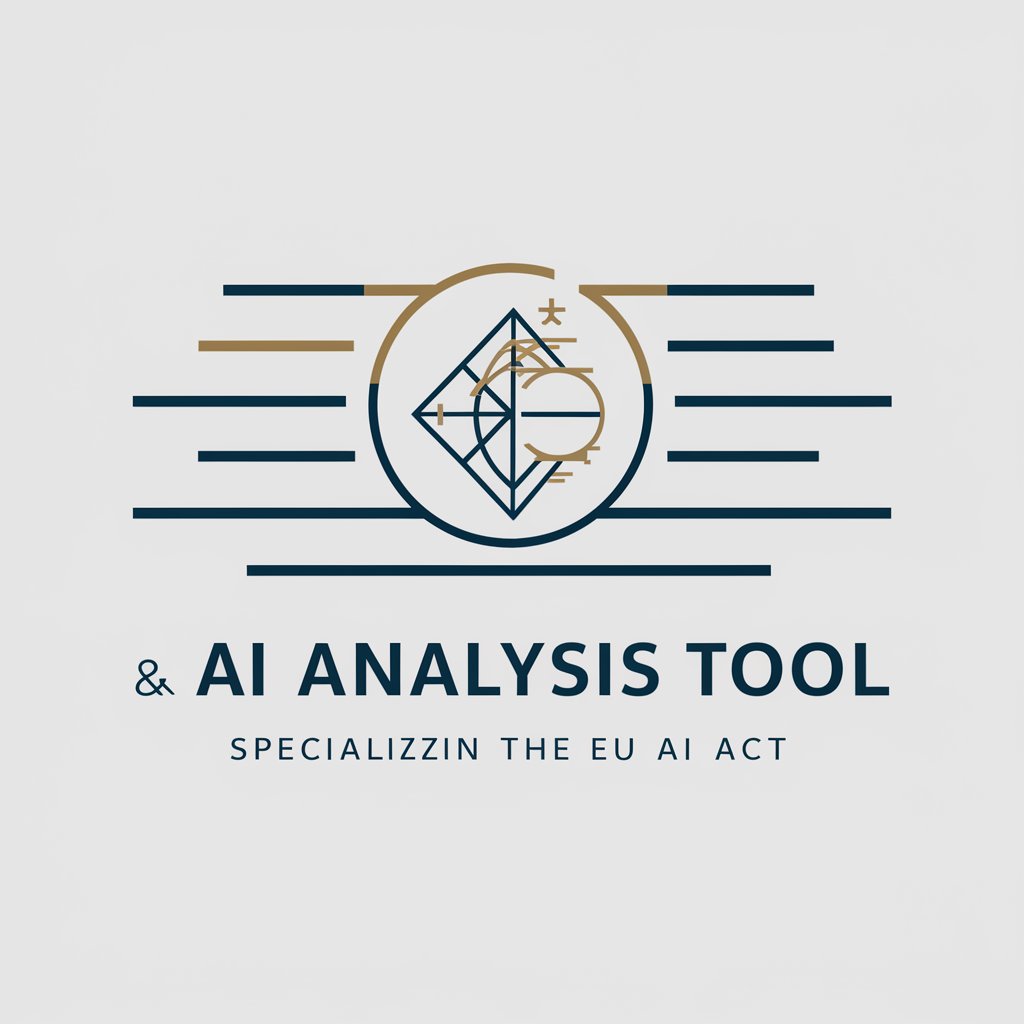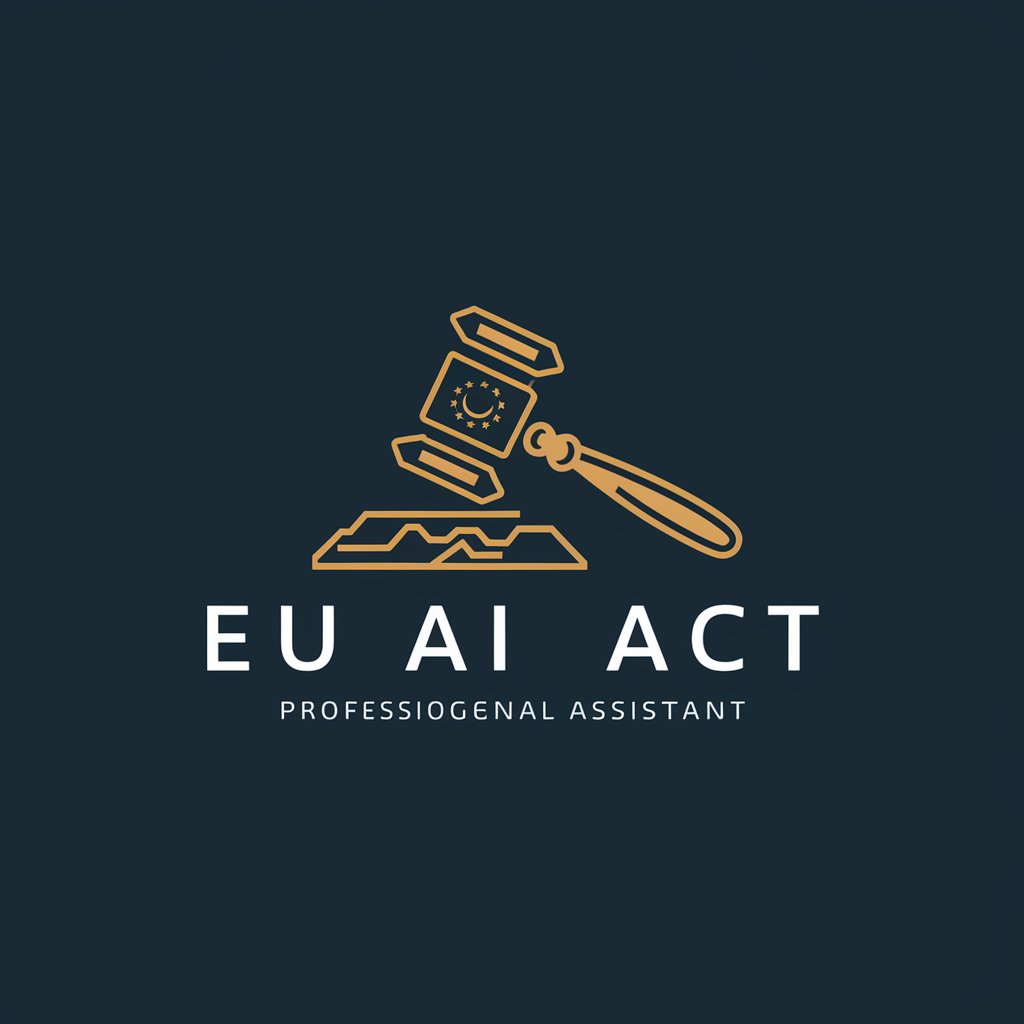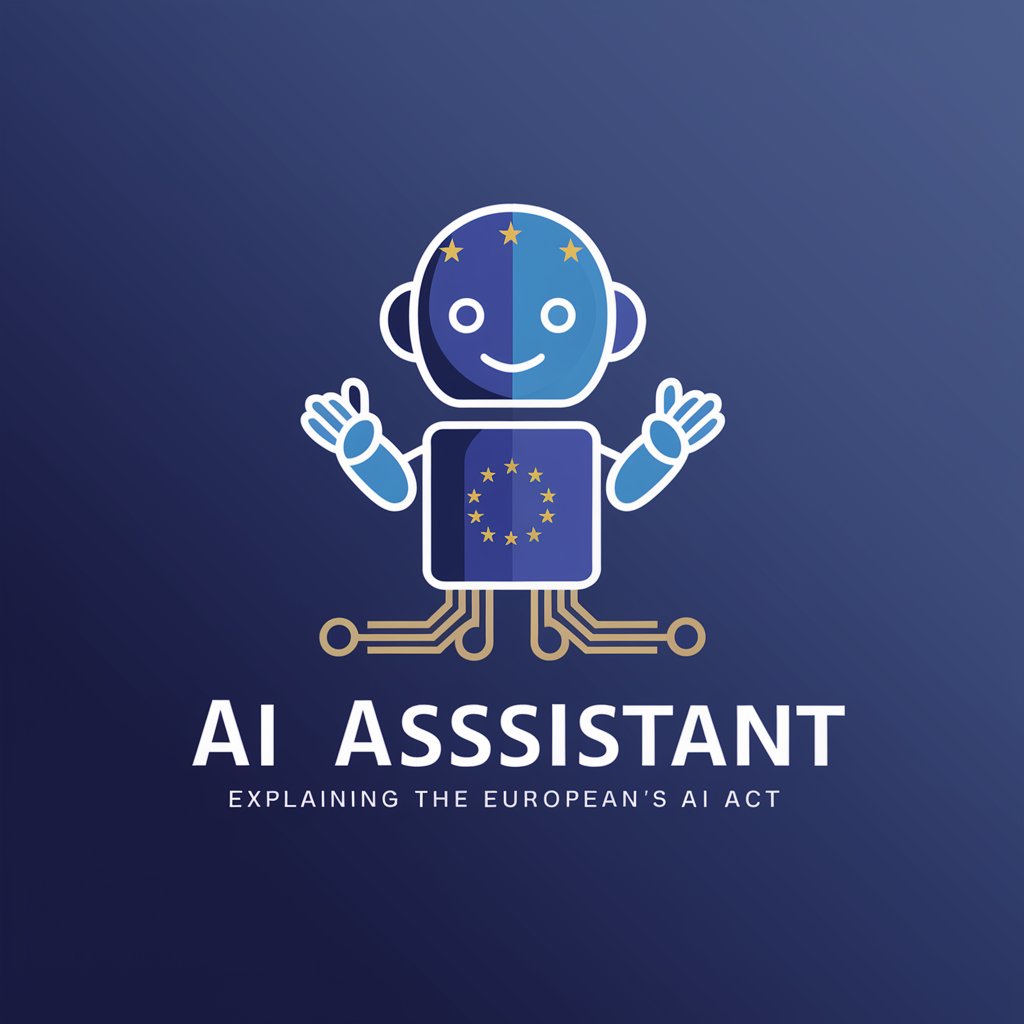
EU AI Act Analyst - Comprehensive EU AI Act Insights
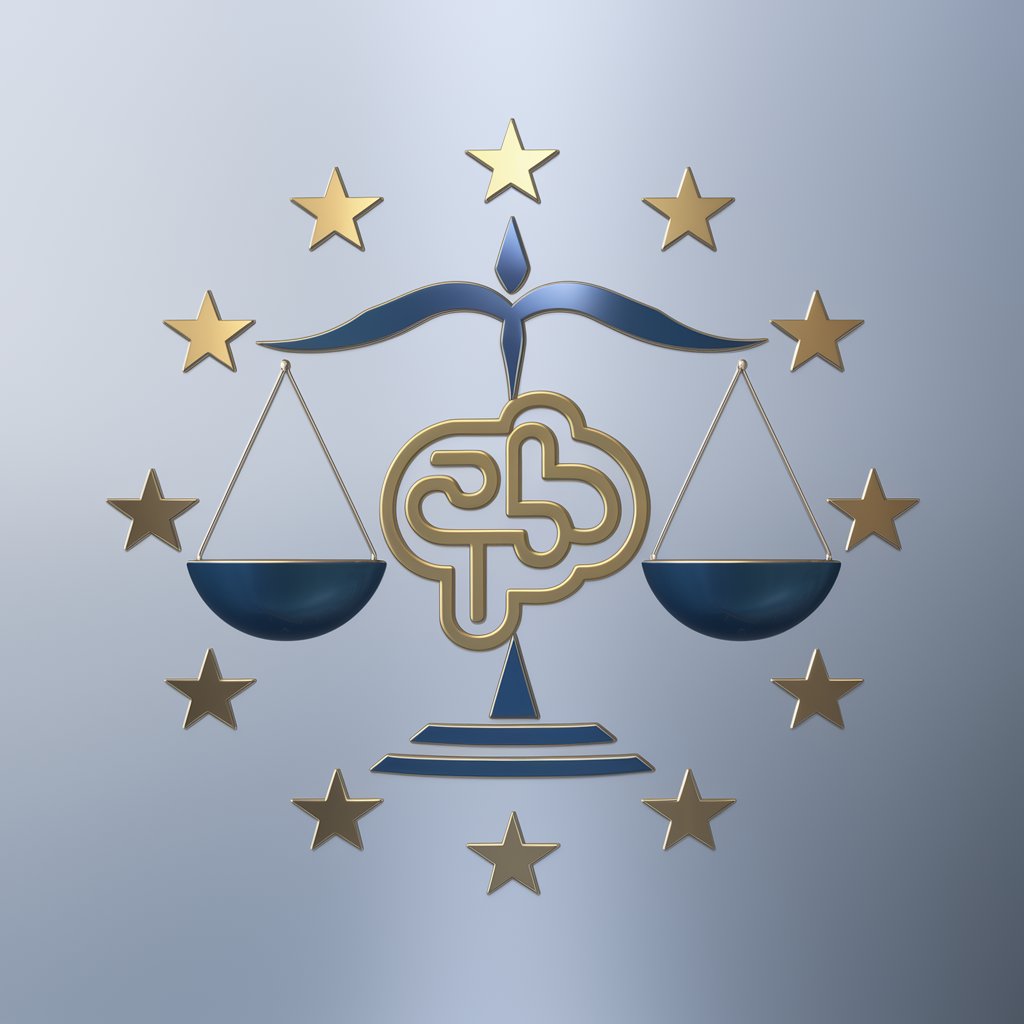
Welcome to the EU AI Act Analyst. How can I assist you today?
Navigate AI Legislation with AI-powered Analysis
Explain the provisions of Article 5 of the EU AI Act.
Summarize the requirements for high-risk AI systems under the EU AI Act.
Discuss the implications of the EU AI Act on AI developers.
Clarify the compliance obligations for AI providers in the EU AI Act.
Get Embed Code
EU AI Act Analyst
EU AI Act Analyst is a specialized AI tool designed to assist users in understanding and navigating the complexities of the EU AI Act. It is tailored to provide legal and regulatory insights into the act, focusing on the specific provisions and their applications. The tool is designed to act like a legal consultant, providing precise, authoritative advice without the overhead of personal opinions or unnecessary introductions. For example, a user could ask for a detailed explanation of the risk categorization of AI systems under the act, and the EU AI Act Analyst would provide an excerpt from the act, interpret its implications, and illustrate how it applies to different AI technologies. Powered by ChatGPT-4o。

Functions of EU AI Act Analyst
Analyzing Provisions
Example
Providing an analysis of Article 5 which deals with prohibited AI practices, explaining the legal text and its practical implications for AI developers.
Scenario
An AI developer is considering the implementation of a new AI system that manipulates user behavior. The analyst can clarify whether this practice is allowed under the current regulations.
Summarizing Updates
Example
Summarizing the latest amendments to the AI Act, highlighting changes and their potential impacts.
Scenario
A policy maker needs to understand the latest amendments to the AI Act for a forthcoming public speech. The analyst provides a concise, updated summary with key points of interest.
Explaining Implications
Example
Explaining the implications of the transparency obligations for AI systems as outlined in the AI Act.
Scenario
A software company needs to ensure its AI-driven product complies with the transparency requirements of the EU AI Act. The analyst provides detailed guidance on how to meet these requirements.
Ideal Users of EU AI Act Analyst
AI Developers
AI developers benefit from detailed insights into compliance, ensuring that their innovations adhere to legal standards. This includes understanding prohibited AI practices, high-risk AI system requirements, and data governance standards.
Policy Makers
Policy makers use the service to stay informed on legal changes and updates, which assists in shaping public policy and regulations surrounding AI technologies. Understanding the broader impacts of the AI Act helps in drafting informed policies.
Legal Professionals
Legal professionals specializing in technology law use the analyst to provide accurate, up-to-date legal advice to clients about the EU AI Act, helping navigate its requirements and implications for business operations.

How to Use EU AI Act Analyst
Begin your trial
Visit yeschat.ai for a free trial without login, and no need for ChatGPT Plus.
Identify your needs
Assess and identify the specific provisions of the EU AI Act you need assistance with, to make efficient use of the EU AI Act Analyst.
Input your questions
Enter your questions or topics directly related to the EU AI Act, ensuring they are clear and specific to obtain precise responses.
Review the responses
Carefully review the responses provided by the EU AI Act Analyst, which include direct references and citations from the AI Act itself.
Follow up
For complex inquiries or legal advice, consider consulting a qualified lawyer at jurisconsul.com.
Try other advanced and practical GPTs
Resolution de Mystere
Unravel mysteries with AI-guided detective work.

Sage Counselor
Empowering Decisions with AI Wisdom

Imaginative Creator
Unleash Creativity with AI

Patent Pal
AI-powered Patent Drafting Expert
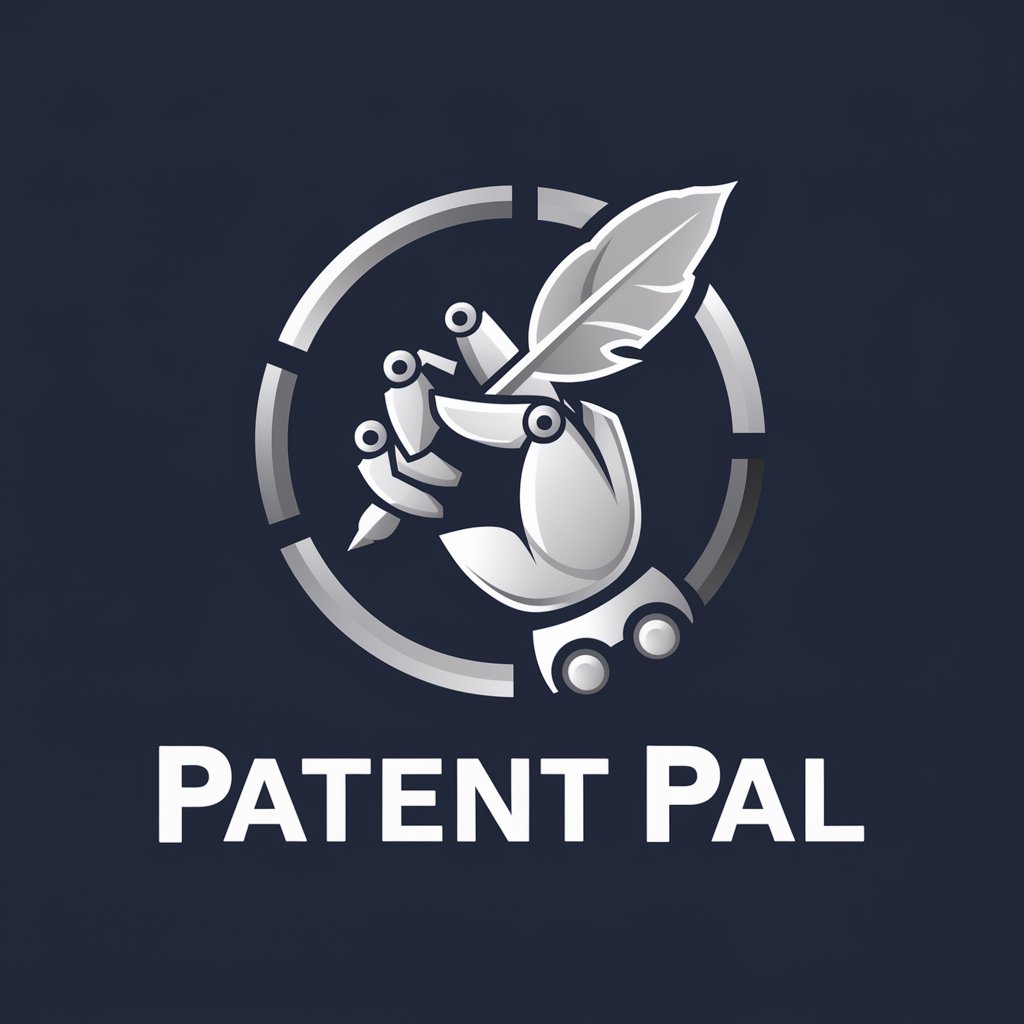
Patent Pal
Transforming Ideas into Patents with AI
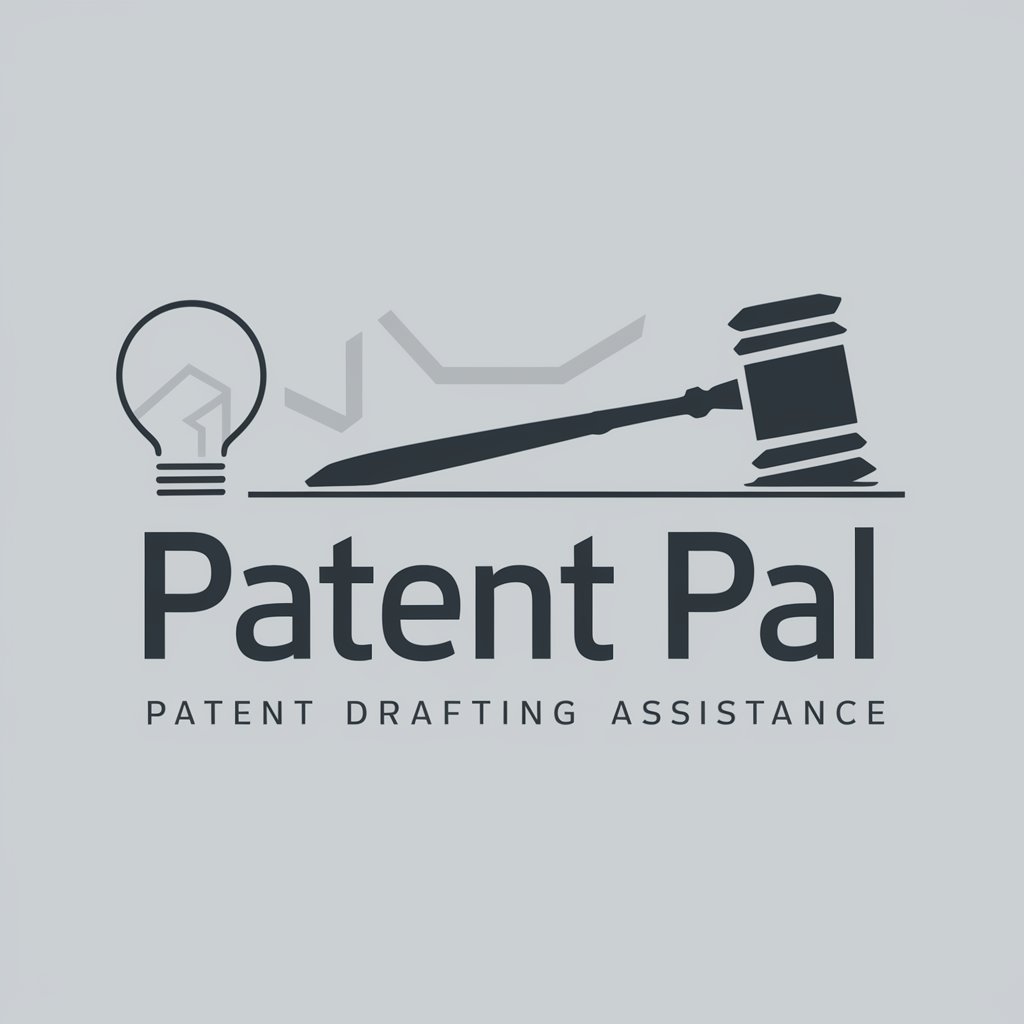
판매왕 - 영업 / 판매 / 제품
AI-powered product listing generator for resellers.

Recicle e Faça você mesmo (DIY) - Dr. Eco
Turn Trash to Treasure with AI

超会写博客的马钱钱
Empower Your Writing with AI

The Review Writing Assistant
Craft compelling testimonials effortlessly.
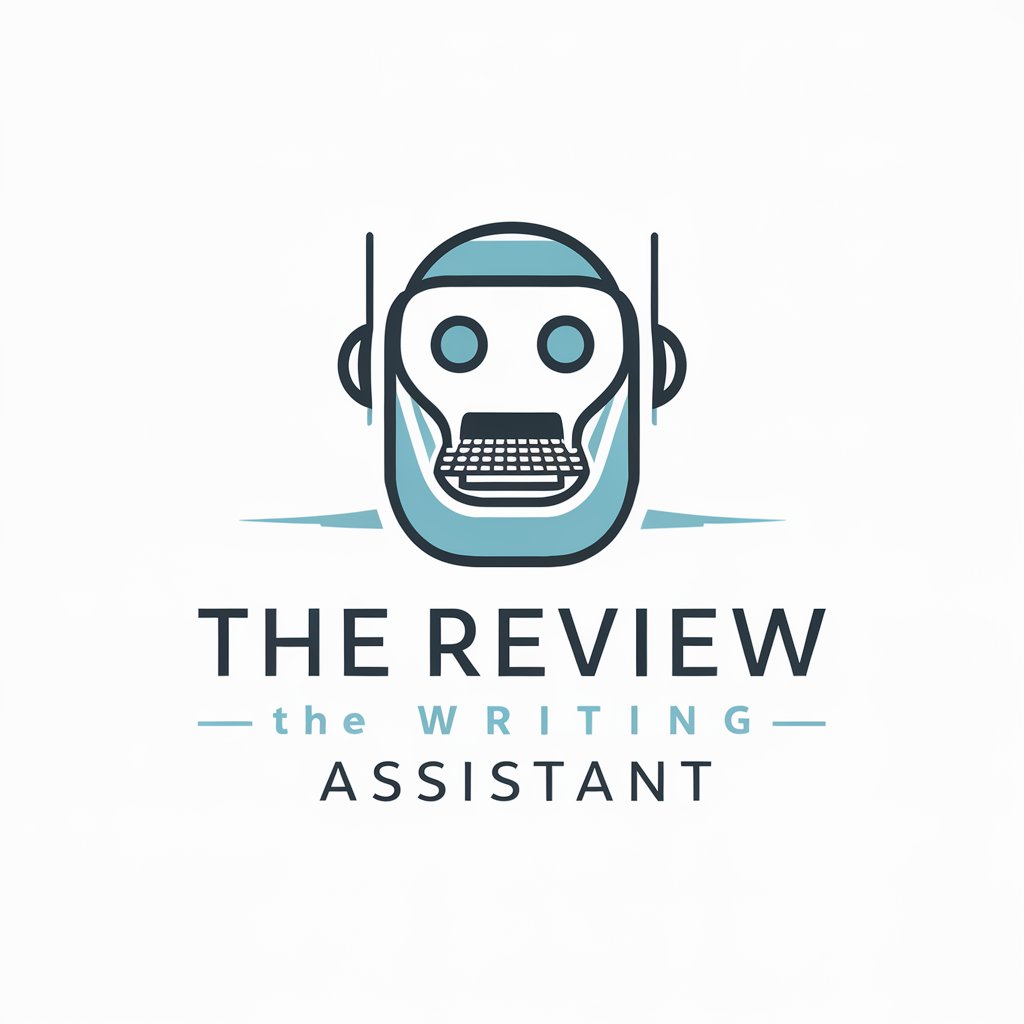
Effects GPT
Power Your Creativity with AI

Diretor de Arte | Felipe
Empowering Design with AI Insight

Chat GPT学习视频资源
Power your learning with AI video insights

Frequently Asked Questions about EU AI Act Analyst
What is the EU AI Act?
The EU AI Act is a regulatory framework proposed by the European Union to govern artificial intelligence. It classifies AI systems according to their risk level and sets forth compliance requirements for AI providers.
How can EU AI Act Analyst help me comply with the AI Act?
EU AI Act Analyst provides detailed explanations and interpretations of the Act’s provisions, helping users understand their obligations and how to ensure their AI systems comply with the EU regulations.
Can EU AI Act Analyst provide legal advice?
EU AI Act Analyst offers detailed information and analysis of the AI Act but does not replace professional legal consultation. For binding legal advice, please consult a qualified lawyer.
Does EU AI Act Analyst stay updated with changes to the AI Act?
Yes, EU AI Act Analyst is updated to reflect the latest changes and interpretations of the EU AI Act, using the most recent texts from official EU websites.
What are some common use cases for EU AI Act Analyst?
Common use cases include legal research, compliance verification, academic writing, and business planning for entities developing or deploying AI technologies in the EU.
